The Facebook Problem
I am in Helmond, in southern Holland shooting photos of the Carnival for the Museum here, as part of a show later this year.
Carnival, by nature means lots of parties and of course copious drinking. The more drink is taken, the bigger the “Facebook Problem” becomes. You walk into a crowded bar or party, lift your camera and everyone in front of you starts posing and smiling, producing the kind of image in the past associated with the social pages in magazines, but now the stock that fills up Facebook. I sometimes take great delight in telling people that I have no interest in photographing them. This is not quite true, as I would not have halted in front of them had I not seen something that caught my eye. Sometimes people get quite angry at this rejection, although the image is unlikely to disappear, as they have probably been photographed many times already that night on countless mobile phones. The problem is made worse when fancy dress is involved, as this means you have to be recorded even more than for a normal party. Carnival in Holland is fancy dress plus.
This problem gets worse when people are younger, for once you get into middle age the backdrop activity of constantly shooting everyone, everywhere diminishes. Young people need to fill their Facebook pages with ever more photos of them having a good time, with virtually everybody they know.
So what can you do to get round this? You can try waiting until people lose interest or you could shoot the picture, just to delete it later. Sometimes I even try and explain I don’t want posing. It is funny that often no-one ever asks how they can access the photos. The ritual is complete; they have been recognised as officially having a good time. Not having everyone looking at you in these situations is a major achievement.
Every month something like 6 billion photos are loaded onto Facebook. If you glance through some of these, the majority fit into the same pattern. Last New Year’s Eve, 750 million photos were posted in one night alone. Why do we need all these photos? Is it the inherent insecurity we all have? Can you imagine, for example visiting somewhere like a tourist honeypot without this being recorded? Not all aspects of the Facebook trend are entirely negative: with the explosion of phones with cameras and photo sharing sites like Flikr the interest in photography is growing. It is, after all, the greatest democratic art form of our time. In past times people collected autographs, souvenirs, or perhaps programmes. Now the only currency is a yet another smiling photo.

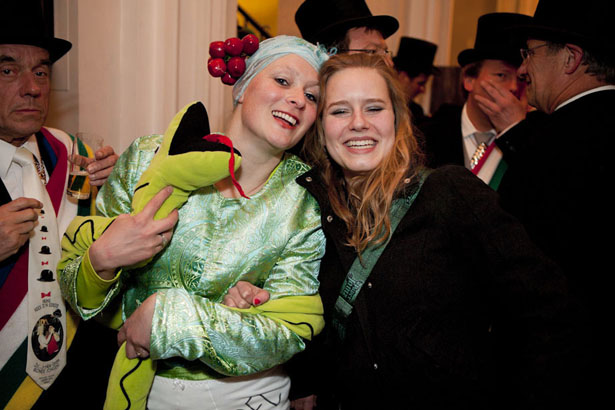
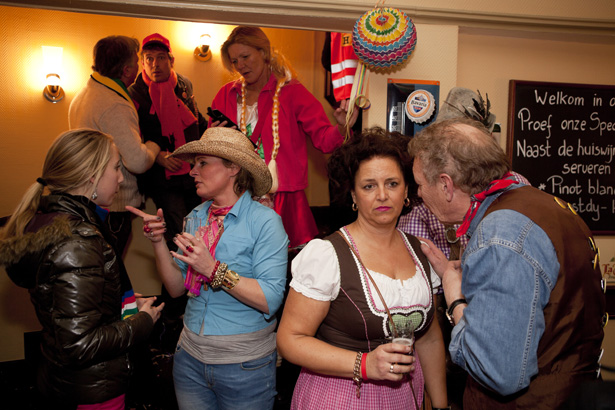
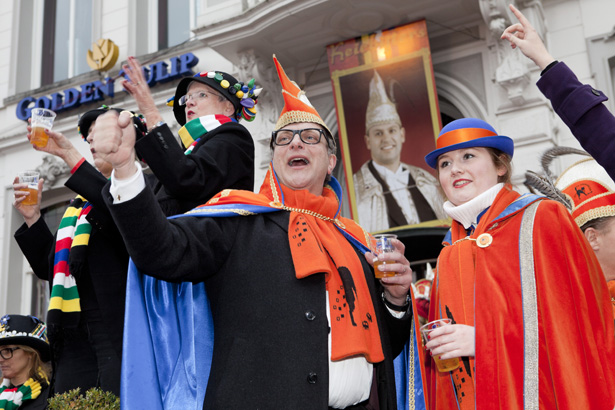
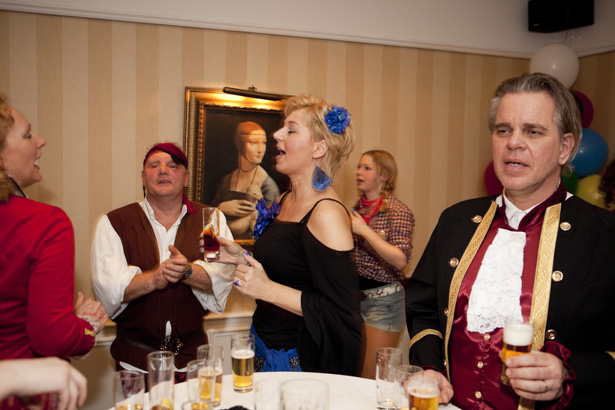
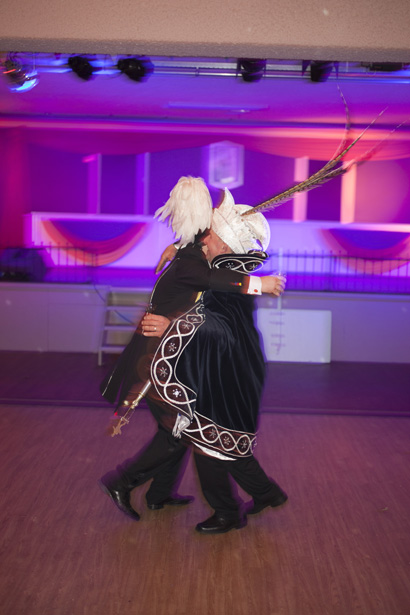
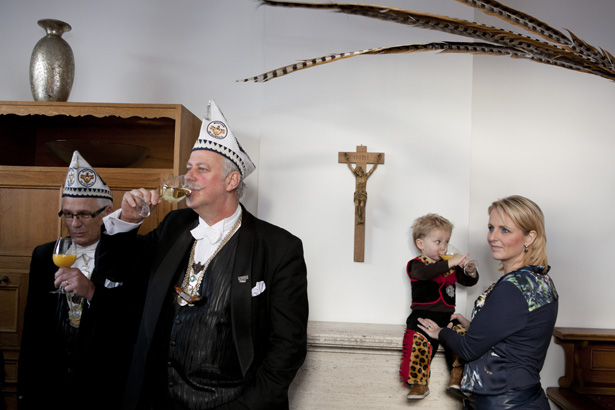
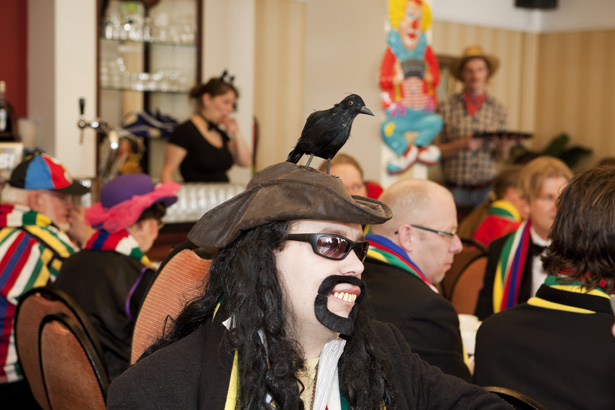

Comments are closed.